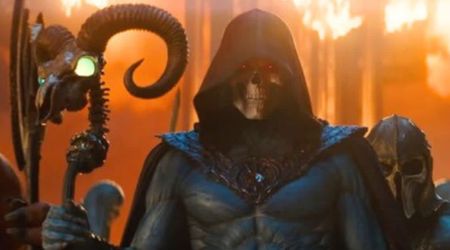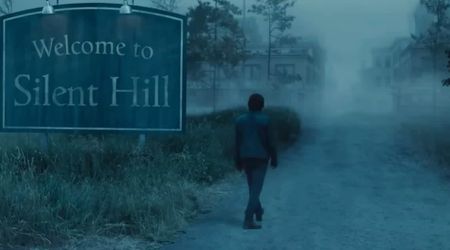'Black Widow' could usher in the permanent passing of legacies, an MCU move that is impossible in the comics

Comic books have been telling the stories of superheroes for decades, with retcons and sliding timescales keeping their heroes forever young. However, recent news that Natasha Romanoff (Scarlet Johansson) might be handing down her title to Yelena Belova (Florence Pugh) highlights the one thing that the Marvel movies can accomplish that comics have never allowed themselves to do — see their heroes age and their legacies permanently passed on.
The Marvel Cinematic Universe has taken unprecedented steps towards building a shared universe in the same way that comics have. From the very first 'Iron Man' film to the Phase 4 movies yet to come, all the stories are part of a shared universe. However, comics have a distinct advantage over the films — its characters don't age unless editorial allows them to. This is how we've followed the story of the same Peter Parker since the 60s, the same Captain America, and the same Iron Man.
Comics continually adjust the timeline of their universe to keep their heroes young, and fresh, so that they can keep their most popular heroes relatable to their younger audiences. Comics have, in fact, bent over backward to keep their heroes young and relatable — no one can forget the infamous death of Gwen Stacy, a decision that was made to avoid her and Peter Parker getting married because the editors felt marriage would age Peter Parker past the point of relatability.
Even though younger, fresher heroes like Miles Morales have entered the Marvel Universe, they act along with their older counterparts, rather than replacing them. While this means everyone's favorite characters get to enjoy an unlimited number of new stories, it means that the comics world as a whole can't really move forward. Heroes in comics don't really have a chance to move forward — and that limits the kinds of stories that can be told with them. In the MCU, however, no matter how good their de-aging technology gets, their actors age, their contracts expire, and passing on the baton becomes a necessity.
This very thing might be happening in the upcoming 'Black Widow' movie, with Florence Pugh's Yelena Belova possibly becoming the new Black Widow after Natasha Romanoff's demise in 'Avengers: Endgame.'
"...we didn’t know how great Florence Pugh would be," says 'Black Widow' director Cate Shortland, in an interview with Empire. "We knew she would be great, but we didn’t know how great. Scarlett is so gracious, like, 'Oh, I'm handing her the baton.' So it's going to propel another female storyline."
The MCU has already lost two of its biggest stars with the expiring of Chris Evans' and Robert Downey Jr's contracts, and it may soon be losing Scarlet Johansson as well. The MCU could recast, but the actors' performances are too iconic for audiences to accept that — meaning that if the MCU continues to move forward after Phase 4, the story of the Marvel Universe might have the chance to grow past the legacy left behind by Iron Man and Captain America.
With rumors of the Young Avengers being set up to join the MCU, the movies can tackle the idea of legacy in a way that the comics are rarely brave enough to do. Alternatively, the MCU could reboot itself endlessly like the 'Spider-Man' franchise has — but if things ever reach that point, the superhero boom might well and truly be over for good. 'Black Widow' is currently set to release om November 6, 2020.










